

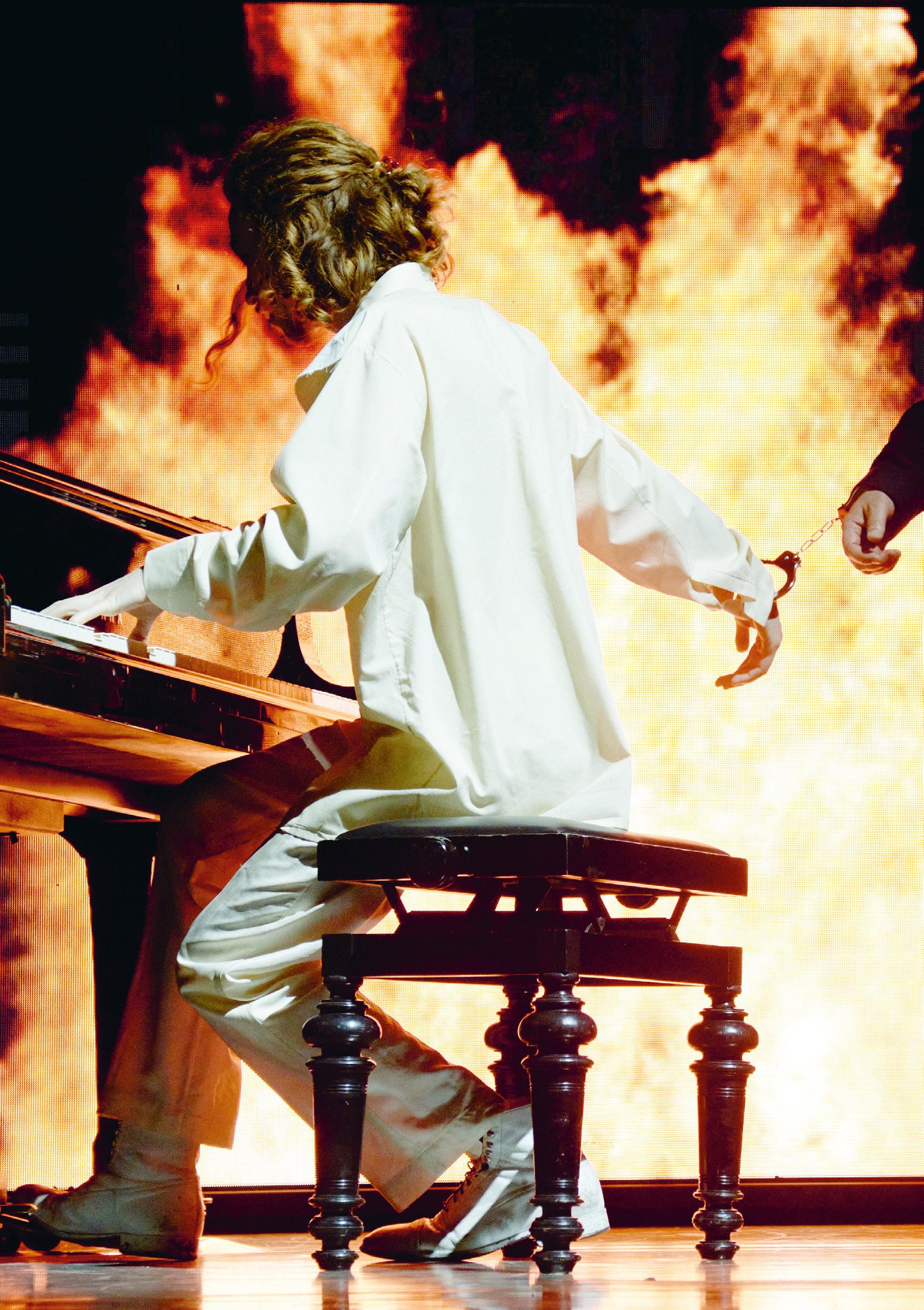

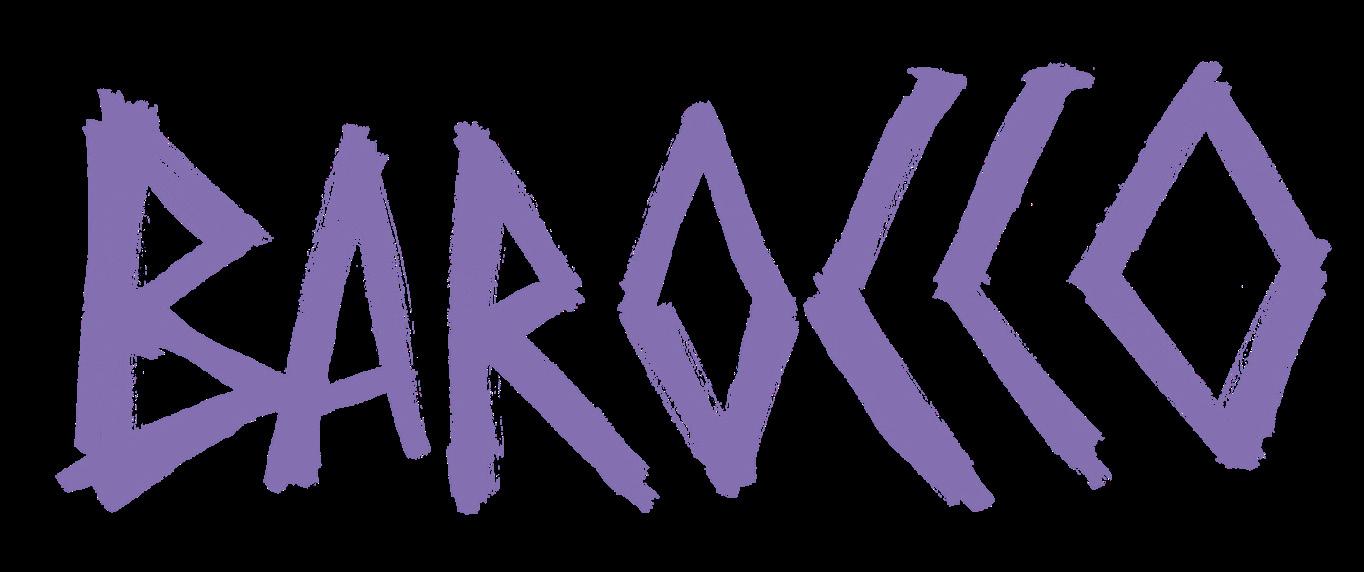
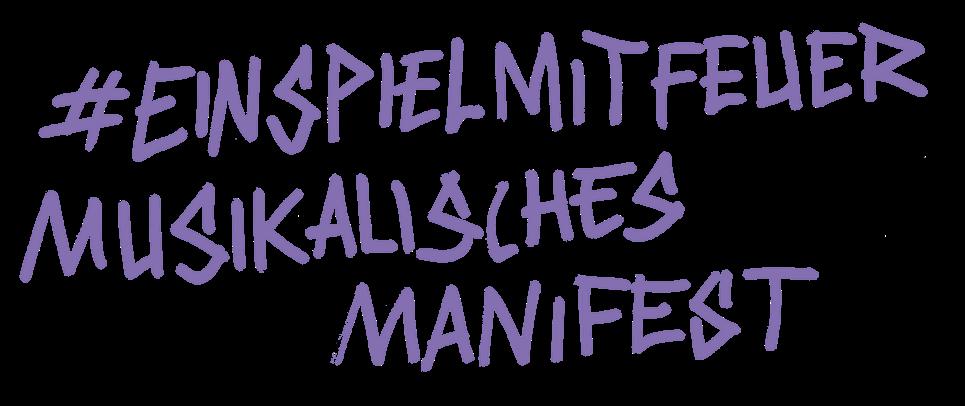
EN Under house arrest, Russian director Kirill Serebrennikov began in 2018 to develop a musical manifesto for freedom. Setting out from real acts of resistance against various systems, such as the Parisian student protests of 1968 and Jan Palach’s self-immolation in protest against the Soviet invasion, BAROCCO is a synthesis of opera, theatre and dance. At its centre are music and Baroque arias by Bach, Monteverdi, Handel, Rameau, Vivaldi and others: the triumph of excessive beauty, that which is special and unique and rarely finds its place in the world. It takes the very original meaning of the word baroque: an irregular, crooked pearl that will not quite fit a necklace. BAROCCO is a manifesto for an artistic uprising against a world that is in danger of suffocating at hand of its societies’ constraints.
Frankfurter Allgemeine Zeitung




19 / 20 / 21 May, 7pm
Burgtheater
German (texts with English surtitles using the mobile app Burgtheater PROMPT), lyrics in various languages.
2 hrs 15 min
Direction, Staging, Costume Kirill Serebrennikov Composition, Arrangements, Musical direction Daniil Orlov
Choreography Ivan Estegneev, Evgeny Kulagin Video Ilya Shagalov Light design Sergej Kuchar Sound design Hendrik Glax, Sven Baumelt Dramaturgy Joachim Lux Personal assistance Anna Shalashova Direction assistance Ekaterina Kostiukova, Julian Hübner Assistance stage design Elena Bulochnikova Assistance costumes Clara Strasser Direction choir rehearsing Uschi Krosch Musical dramaturgical research Laurenz Wannenmacher With Odin Biron (Tenor), Felix Knopp (Baritone), Tilo Werner (Tenor), Svetlana Mamresheva (Soprano), Yang Ge (Soprano), Victoria Trauttmansdorff, Jovey (Tenor), Daniil Orlov (Piano), Nadezhda Pavlova (Soprano) and a puppet Dancers Polina Sonis, Tirza Ben Zvi, Steven Fast, Yorgos Michelakis, Davide Troiani Music Daniil Orlov (Keyboard, Piano), Andreas Dopp (Electric guitar), Eleni Granitza (Electric bass), Benjamin Stanko (Trumpet), Niclas Rotermund (Drums), Marina Reshetova (Violin 1), Andrej Böttcher (Violin 2), Anatol Yarosh (Viola), Nariman Akbarov (Violoncello), Tair Turganov Choir Anna-Katharina Lubrich, Vanessa Zorn (Alto), Dominik Fleck (Tenor), Michael Pehle (Bass) Extras Anke Bautzmann, Maximilian Drehsen, Johannes Herrmann, Moritz Hübner, Helene Lange, Miriam Paustian, Iván Ruge, Linda Schnackenberg, Paul Smollich, Nele Wulf Translation surtitles Howard Fine (English) Surtitles Isolde Schmitt
Production Thalia Theater (Hamburg) Coproduction Elbphilharmonie Hamburg Supported by Michael Otto Foundation and Freunde des Thalia Theater
executed by the team of Wiener Festwochen | Freie Republik Wien
Premiere Moscow 2018 (Gogol Center) – Hamburg 2023 (Thalia Theater)
DOORS TO THE PRESENT
Joachim Lux, artistic director of the Thalia Theatre and dramaturge of the production of Kirill Serebrennikov‘s BAROCCO
Kirill Serebrennikov uses the brilliant beauty of the Baroque to celebrate the uniqueness of each individual and the fire of hope. ‘Baroque music is like entering a different universe’, says Kirill Serebrennikov. The Russian director burns for music, opera, theatre, film and dance – and even more so for the Gesamtkunstwerk, the total work of art that cuts across and blends all genres: frequently aspired to in opera houses and theatres, it is rarely seen. He created quite such a total work of art with BAROCCO: BAROCCO is pure musical theatre – and at the same time it is drama, film, dance. The production was created in 2018 for Moscow’s Gogol Center theatre, where Sebrennikov was the art director at the time; it was a manifesto for the freedom of art, for the beauty of human beings, for resistance against the suppression of freedom. However, the rehearsals had to take place without him, as did the premiere at Christmas 2018, for the director was under political house arrest. Nevertheless, BAROCCO received great praise and always sold out. Several attempts to invite the production to Hamburg fell flat, initially because of the pandemic. Eventually, Serebrennikov was removed from his position as the director of the Gogol Center and the theatre in its existing form dissolved.
The director has by now left Russia in protest against the Russian attack on Ukraine; the 53-year-old has since been living in Berlin and Hamburg, currently as Artist in Residence at Thalia Theater. There, he has now joined hands with music director Daniil Orlov to evolve BAROCCO further.
GREY REALITY AND THE PROMISE OF MUSIC
At the time of his house arrest in Moscow, Serebrennikov had been surprised by his discovery of the beauty and pain of the Baroque – an era that celebrated individuals, the uniqueness and at the same time proximity to death of an individual. ‘Baroque music was new to me, it was completely different from all the various forms of melancholy Russian Romanticism,’ he says. ‘It’s very contemporary to me, it opens doors to my present. The way in which emotions are expressed suddenly seemed much more multifaceted to me, much more ambivalent than the frequently somewhat simple storylines of traditional operas – almost comparable with our current time. Since Postmodernism, we have taken to associating and superimposing several layers of meaning, and Baroque music has a similar complexity. We can think about death with this angelic music, about pain, about futility, and at the same time about the beauty of everything. With these contradictions and ambiguities, the Baroque era and its music represent the fundamental comédie humaine.’
Asked what it had meant to him to spend months listening only to Baroque music in the isolation of a small flat somewhere in Moscow, Serebrennikov’s answer is surprisingly practical: he talks about listening to arias from a USB memory stick, and quite quickly arriving at the idea of a total work of art, even though his theatre didn’t even have any money. Did this music make him happier? ‘Happiness or unhappiness, sadness or joy – those are not the categories. I
think that this music gave me access to a “third world”, a world of art and freedom amid the grey, ugly reality I have had to face in the last years, and the escape into phantasmagoria. That helped me a lot.’
BAROQUE AS A PRINCIPLE: CELEBRATING WHAT IS SPECIAL
I object that his turning to the artificiality of Baroque in the face of his politically as much as personally depressing situation might be considered bizarre and eccentric by some people. After a brief silence, Serebrennikov goes a bit further afield: the word ‘barocco’, he says, comes from the Portuguese and describes a pearl with an irregular form; it does not fit on a string, it is odd, askew, a little crazy, like an interesting mistake – and yet it asks to be placed at centre stage. That is how humans are in their oddity. They cannot be ordered into systems, they resist everything that demands too much control over their lives, they are, indeed (why deny what is true, after all) eccentric from that point of view. In that light, ‘barocco’ is not only an era, it is a principle – a principle of individualism, such as Gilles Deleuze developed, applicable from Tiepolo via Andy Warhol to David Bowie and Grace Jones’ Pride. We wonder what Monteverdi or Vivaldi might have said about that, get sidetracked into debates about the ornamental and about Oscar Wilde, and then we return to the crux of the matter. ‘It is about the struggle for permission to be unique. That is the struggle against a system of suppression such as the one I
have experienced.’, says Serebrennikov. ‘In the Baroque, each person who is an unusual and deviating “pearl” tries to stand their ground as themselves, as a person with a right to a particular existence. In short: it’s about power.’
THE FIRE OF HOPE AND OF DESTRUCTION
A celebration of life also entails a celebration of death, however. The Moscow production showed a famous scene from Andrei Tarkovsky’s film Nostalghia: A madman self-immolates to the sounds of Beethoven’s Freude, schöner Götterfunken – it is a monstrous scene. Serebrennikov: ‘The motif of fire does carry weight in the production, that is true. Buddhist monks selfimmolated in Vietnam in 1963 in order to cast out a dictator (they succeeded), Jan Palach self-immolated on Prague’s Wenceslas Square in order to take a stand against the Soviet Union (he failed). Some people obviously would rather die than give up themselves and bear great pain for that. Fire is both pain and beauty, it is destructive and the emergence of something new. In BAROCCO I want to tell the story of how people have risked their lives because they did not want to give up on the distinctive uniqueness of a human being. That is why to me it is a musical manifesto.’
BAROCCO takes the form of an opera without a set libretto, however, a musical theatre that is produced on a theatre stage, an evening with arias from the Baroque era, a show with singing actors, with opera star Nadezhda Pavlova, who
has never been part of a drama production, but has sung Donna Anna at the Salzburg Festival, with dancers, a string quintet playing Baroque music, a band from the here and how, a pianist, etc., etc. – what is it, really?
‘The format of the evening is, in fact, quite unusual,’ says Serebrennikov. ‘I wanted to create a total work of art, which is at the same time a pasticcio in which many different individual parts create something new that had not existed like that before.’ Pasticcio, I counter, sounds noble but is, when we take its banal and literal meaning, simply a Mediterranean one-pot-dish. It’s true that many things taste better when they are combined than by themselves, but still: does that not show a lack of respect in the way the composers’ work is handled? No, says music director and pianist Daniil Orlov, who studied at the Moscow Conservatoire and the Bolshoi: ‘Not only has the pasticcio genre existed for a long time, but it actually originated during the Baroque era. And it has survived until today. Conductor William Christie with his Baroque ensemble Les Arts Florissants, for example, is renowned for the genre: he combines different things and creates something fascinating and new in a very organic manner.’
Kirill Serebrennikov and Daniil Orlov have now evolved BAROCCO further for Hamburg, continuing themes, adding new material, leaving other things out: ‘So much has happened since then and of course it is different to consider the play further for a West European audience. But the fundamental topic has remained as it is: the fire, which illuminates and warms but also lets old things disappear – that still has me in its grasp.’ Having emerged out of protest against suppression five years ago, BAROCCO is at the same time a celebration of human capacities and their indestructibility. And today, in a world that has again become darker, it recounts the story of people who burn in the fire, who become a flame themselves in order to illuminate a potential future.
Kirill Serebrennikov, born in Rostov-on-Don in 1969, is one of the international star directors of his generation. He works in the genres of theatre, opera, ballet, film and television. His theatre productions are regularly invited to international festivals, including the Wiener Festwochen, the Festival Internationale Neue Dramatik at the Schaubühne Berlin and the Avignon Theatre Festival. In 2017, he was awarded the European Theatre Prize for his production „New Realities“. He has a particularly close working relationship with the Chekhov Artists’ Theatre in Moscow, where he not only directed productions but also served as deputy artistic director from 2011/2012 and led the acting and directing programme at the theatre school in 2012. Together with his students, he founded the Seventh Studio, later part of the Gogol Centre in Moscow, which he headed as artis- tic director from 2012 to 2020.
Under his direction, the Gogol Center Moscow established itself as Russia’s leading avant-garde theatre and a versatile centre for international art exchange.
In 2017, Serebrennikov was arrested for alleged embezzlement of funds and, after years of house arrest, was given a three-year suspended prison sentence in 2020. In 2020, he had to hand over the management of the Gogol Centre.
Despite all the restrictions, Serebrennikov has remained artistically active and has brought out new productions that he has directed via digital communication, such as Nabucco at the Hamburg State Opera (2019), Decamerone at Deutsches Theater Berlin (2020) and Parsifal at the Vienna State Opera (2021). Kirill Serebrennikov‘s first play production that he himself premiered in Western Europe is Anton Chekhov‘s The Black Monk at the Thalia Theater. When the political situation was exacerbated by the Russian war against Ukraine, Kirill Serebrennikov protested against this war, left his country and presently lives in Germany. He is currently Artist in Residence at the Thalia Theater and has brought with The Vij and BAROCCO two further productions to the stage. In August 2024, he will open the Ruhrtriennale with his next production LEGEND PUBLICATION DETAILS Owner, Editor and Publisher Wiener Festwochen GesmbH, Lehárgasse 11/1/6, 1060 Wien P + 43 1 589 22 0, festwochen@festwochen.at | www.festwochen.at General Management Milo Rau, Artemis Vakianis Artistic Direction (responsible for content) Milo Rau (Artistic Director) Text credits text about the play: Thalia Theater, by Joachim Lux , 2023 Picture credit © Fabian Hammerl Translation Nadezda Müngersdorff, wordsmithery Produced by Print Alliance HAV Produktions GmbH (Bad Vöslau)
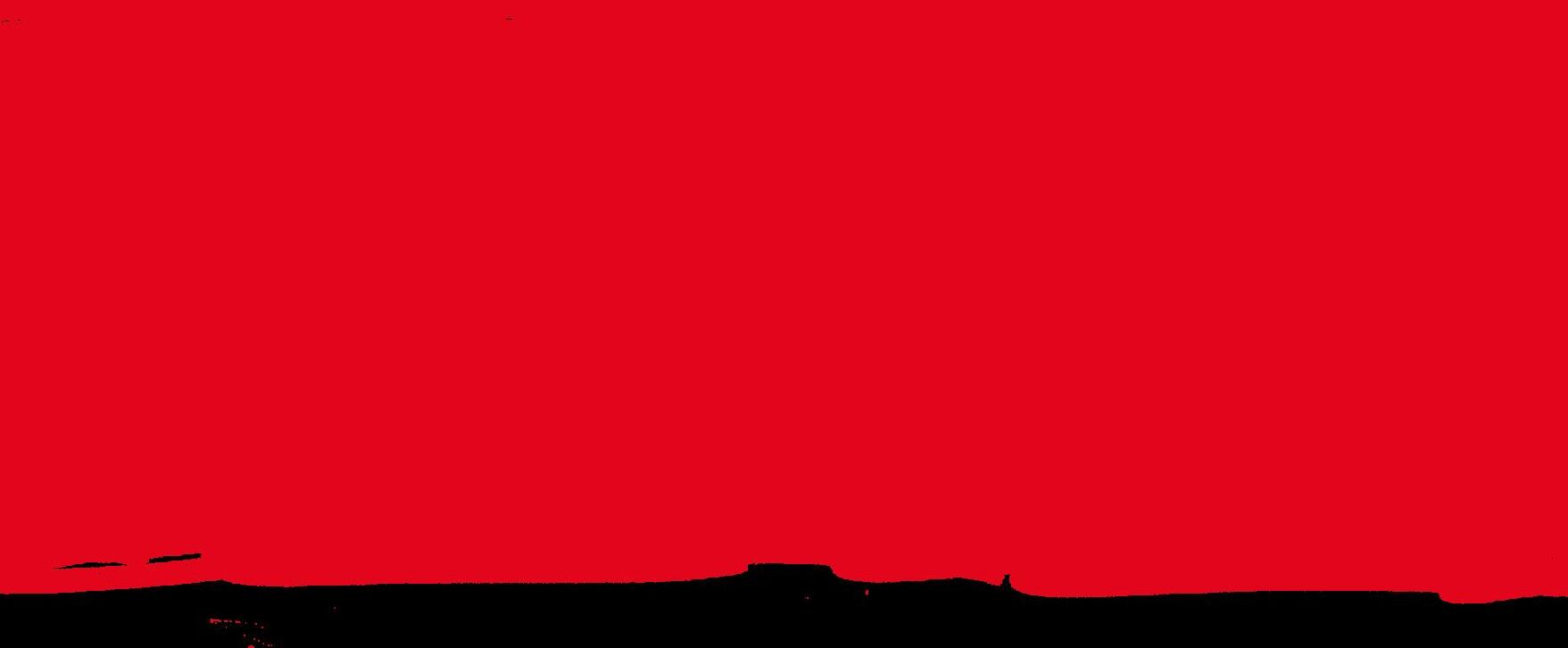
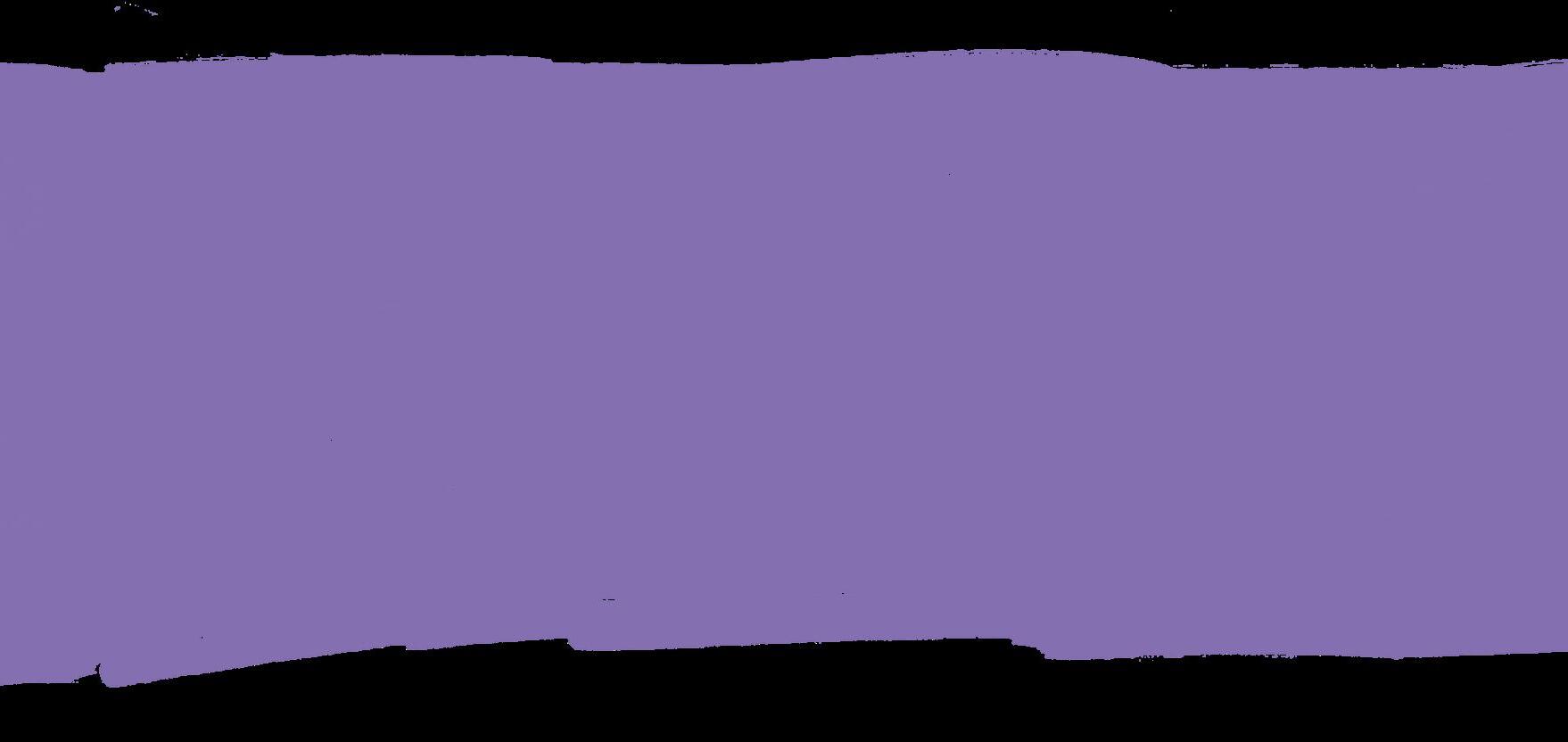


Main sponsors Public sponsor Partner hotel










